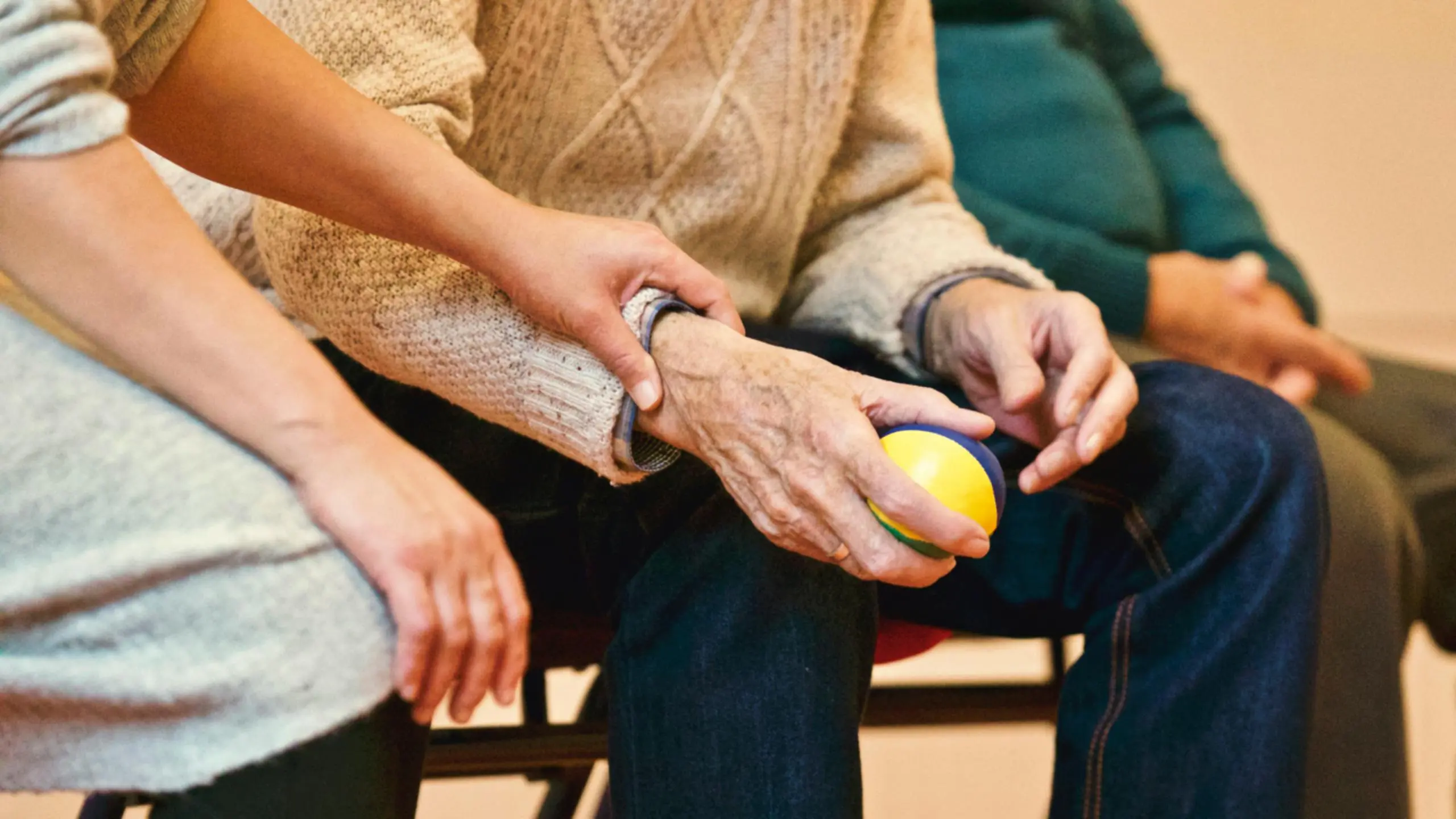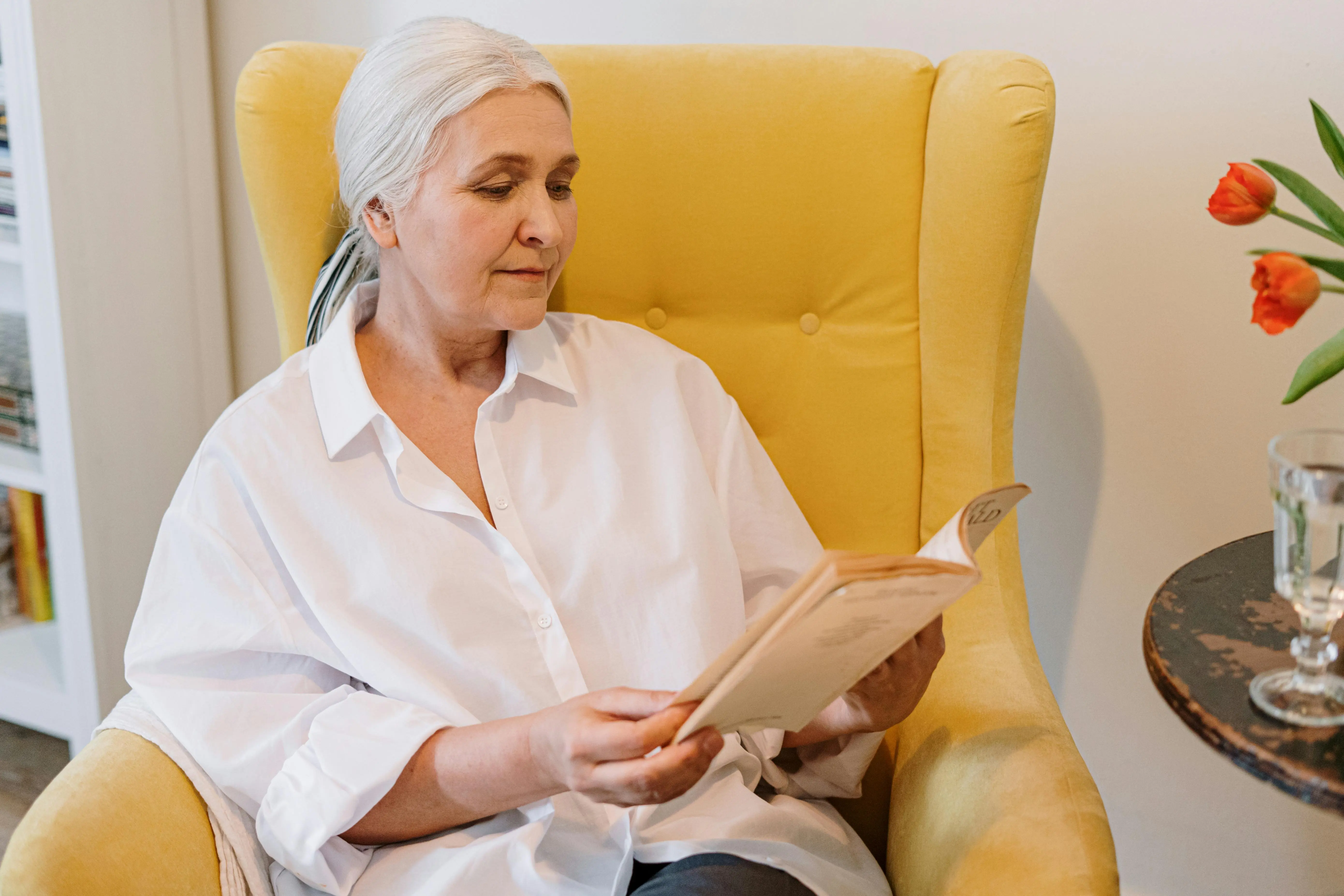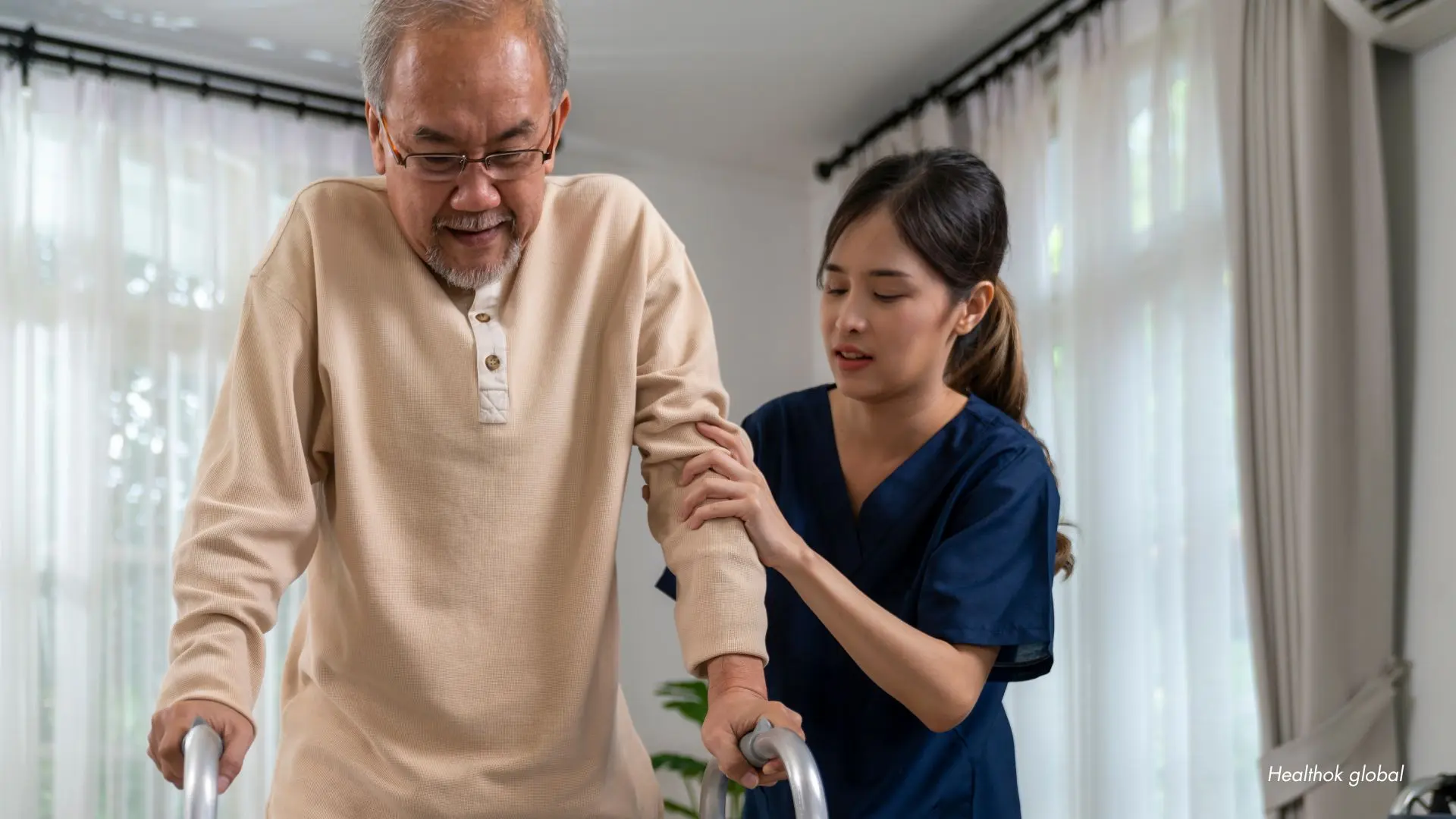Home caretakers play a crucial role in providing personalized care and support to individuals in the comfort of their own homes.

Blog
Home Caretaker: Ensuring Quality Care at Home
In today’s aging society, where more people prefer staying in their own homes as they grow older, the role of a home caretaker has never been more vital. According to a 2023 study by WHO, nearly 70% of elderly individuals express a preference for in-home care over institutional living. Home caretakers ensure seniors, patients, or individuals with disabilities receive quality, compassionate, and safe support within their own familiar surroundings. This article provides a deep dive into the essential responsibilities, benefits, and tips for selecting the right home caretaker.
A home caretaker’s job extends beyond just helping with daily tasks. They provide emotional companionship, physical support, and sometimes medical assistance that ensures holistic well-being.
This includes assistance with bathing, grooming, toileting, and maintaining personal hygiene—critical for preserving dignity and preventing infections.
Caretakers help clients adhere to medication schedules, track dosages, and monitor side effects. They often work alongside professionals offering home doctor visits to ensure care continuity.
They plan and prepare meals based on dietary requirements—crucial for patients with diabetes, hypertension, or nutritional deficiencies.
Support with walking, using assistive devices, or transferring from bed to wheelchair ensures safety and reduces fall risk.
Light housekeeping, laundry, and ensuring a hygienic environment are part of their duties to prevent hazards and infections.
Caretakers often serve as companions—offering conversation, playing games, or accompanying clients outdoors to reduce loneliness.
The advantages of home caretakers go beyond just physical support—they have emotional and financial implications as well.
Every individual has unique needs. Home caretakers deliver personalized care plans, something institutional settings often cannot match.
Staying at home promotes mental well-being, especially for patients suffering from dementia or post-surgical recovery.
Rather than being fully dependent, clients can retain control over daily decisions with appropriate assistance.
Regular interaction with a caretaker boosts mood, combats depression, and reduces feelings of isolation.
Home care is often more affordable than long-term hospital stays or assisted living. It can also be scheduled part-time or full-time depending on budget.
Caretakers allow family members to take breaks, preventing burnout and enabling quality time with loved ones.
Mrs. Joshi, an 82-year-old widow from Pune, was recovering from a hip fracture and living alone. Her daughter, who lived abroad, arranged for a certified home caretaker through a trusted elderly care service. Over 6 months, the caretaker provided companionship, medication reminders, physiotherapy support, and helped with chores. Mrs. Joshi regained mobility, and her daughter had peace of mind knowing her mother was in safe hands—similar to the in-home elderly care model HealthOK Global promotes.
Finding the right person for this sensitive role can be challenging. Here are key factors to consider:
Is the need primarily for mobility support, post-operative care, or dementia care? Match experience accordingly.
Use licensed agencies or ask for background-verified, trained caregivers. CPR and first-aid certification are bonuses.
Always begin with a trial period to gauge compatibility and efficiency. Monitor feedback from the patient for adjustments.
Discuss duties, work hours, emergency protocols, and document everything in a service agreement.
Yes. Nurses perform medical procedures, while caretakers assist with daily living and basic health routines.
Absolutely. Many agencies offer flexible packages including night-time or live-in care.
Regular check-ins, daily logs, and patient feedback help ensure care quality.
Most certified caretakers are trained in basic first-aid, CPR, and emergency response. Always verify before hiring.
Home caretakers bridge the gap between medical needs and everyday assistance, ensuring patients and seniors live with dignity and safety in their homes. Their contribution is indispensable in today’s eldercare and recovery support systems. Whether managing chronic illness or post-surgical healing, a qualified home caretaker can make all the difference in preserving health, happiness, and independence.
HealthOK Global is your wellness partner for tailored dietary and lifestyle advice. Contact our FREE 24 x 7 Healthcare Helpline at +91-8047190955 for expert nutrition support.
Yes. Nurses perform medical procedures, while caretakers assist with daily living and basic health routines.
Absolutely. Many agencies offer flexible packages including night-time or live-in care.
Regular check-ins, daily logs, and patient feedback help ensure care quality.
Most certified caretakers are trained in basic first-aid, CPR, and emergency response. Always verify before hiring.
Need Personalized Health Guidance?
Get expert advice tailored to your specific health needs from our qualified healthcare professionals.





